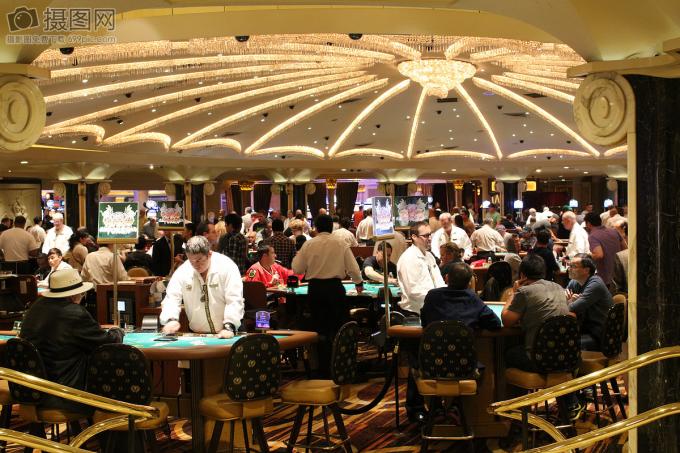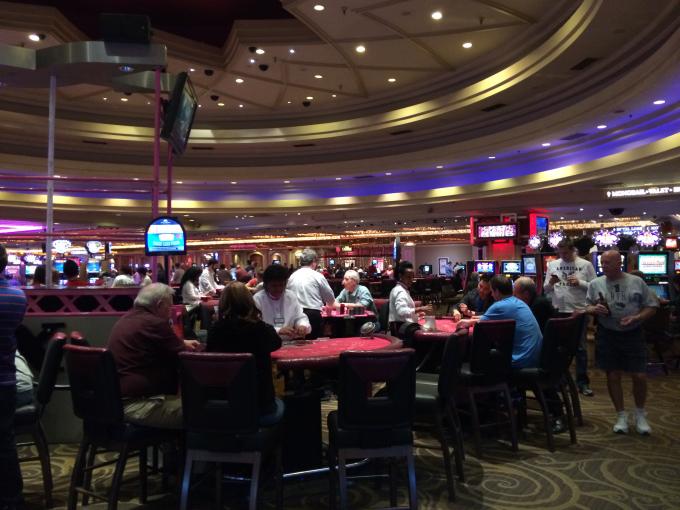On the last day of the second half of July, the Japanese parliament passed the "Game Zone Law" strongly recommended by the Abe government. As soon as 2025, the legal field in Japan can open its doors to welcome guests. However, after four rounds of game play in Taiwan, there has been no news of the opening. But have you ever wondered how the countries of the world think about Bo? Is it good for the economy? Will it make people addicted? Let's take a look at several different countries today.
Japan: illegal, Pachinko earned 4% GDP

The Japanese criminal law expressly prohibits Bo, and believes that Bo simply incited the nationals’ luck and corrupted the virtues of diligent work, and at the same time caused economic influence. Therefore, in general, the general public can’t afford money, and the store can’t use cash or cover as a guest to play games. bonus.
But in real life, Bo is an indispensable part of the Japanese. Friends who have been to Japan know that there is always a Pachinko, which is a small steel ball shop near the station. Although Bo Qingge boss will not have money transactions with the guests, Xiaogang can only redeem the prizes, but the boss will definitely open another shop next door, specifically repurchasing the prizes that the guests have just won with cash. In other words, it is to drill the legal loopholes. This practice of the ocean has been going on for years, and the government has never practiced law control. It can be said that it is a secret. What's more, there are also four kinds of sports competitions such as horse racing, rowing, locomotive and bicycle, which are not limited by bloggers and open to the public.
Regardless of the same legal lottery ticket, in the two major categories of game industry, Pachinko’s annual revenue is as high as 25 trillion yen, which is higher than the gaming revenue of Las Vegas, Macau and Singapore. Japan’s GDP is 4%, and the sports game also generates about 8 trillion yen per year. It can be imagined how much Japanese people love and how much economic output and tax revenue they contribute.
Monaco: If it is not Bo, it will almost die.

Speaking of Bo can activate the economy, in fact the most successful example should be Monaco. Monaco, located in the south of France near the border of Italy, is the second smallest country in the world. It is only two square miles in size. It is about seven or eight Da'an foresters, but it is also synonymous with luxury, noble and bo.
In charge of Monaco's royal family, it was on the verge of bankruptcy in the 19th century, so breaking the rules began to plan the field, and the result of whoever thought it became a hit, the sound of the sound of Monte Carlo, even because of the game's revenue enough Gao, the royal family boldly decided to stop collecting personal income tax from the state. This tradition continues today, making this small country a gathering place for wealthy people. More than 2,000 millionaires are among the less than 40,000 people in the country.
However, Monaco has always had a special rule that no nationals will be allowed to enter unless they are present. How to look at this ban is a bit strange, but it makes sense to think about it. After all, the opening ceremony was to make money from foreign tourists, rather than let the locals indulge themselves.
Britain: online and offline can be seen everywhere, the Premier League also closely combines this platform
If you want to find a country that is not for the purpose of sending sightseeing materials, but under the premise of strict management, and fully open the game business, it may be Britain. From the online to the offline physical field and the cast station, from the sports events to the name of the little prince, the little master, the British want to be really not afraid of nothing to play. The British who played bingo and the opening game since World War II have gradually become the laws of the Pines for decades. In 2005, more open-time operators advertised directly on TV, which doubled the game revenue in ten years. In 2017, it reached an annual revenue of 14 billion pounds and more than 550 billion yuan, which indirectly contributed a lot of tax revenue to the government.
One of the more interesting phenomena is the football that is called the British National Football. It has been closely integrated with the game. In the 2018-19 season, the English Football League Championship, the second highest professional football in the UK, has a total of 24 teams with 17 sponsorships, and the highest level is also the most watched in the world. The English Premier League has 9 teams in 20 teams. These game brands will appear directly on the jerseys and surrounding products. In the process of broadcasting, the audience will be reminded to hurry up in various ways. As the world's highest-paid football league, the Premier League is absolutely indispensable to the contribution of the game industry. In contrast, in the German and Spanish leagues, the amount of game sponsorships does not add up to the Premier League.
It sounds like the game seems to be a good medicine to stimulate the economy and professional sports. But the problem is that while governments are earning tax revenues, it is hard to avoid negative effects. Last year's official poll in Japan found that about 3.2 million, or 3.6% of adults, had been addicted to the game, which was much higher than the other industrialized countries with an open game of about 1% to 2%. In the UK, there have been players in the Premier League who have signed hundreds of matches themselves, and the sound of the Premier League kicking the ball is constant. The good thing is that the US Supreme Court also legalized the campaign in May this year. In other words, NBA, MLB and other professional sports leagues are likely to combine business opportunities in the future. Whether the huge benefits will affect the positive nature of the game is worth keeping us going.

 Your message must be between 20-3,000 characters!
Your message must be between 20-3,000 characters! Please check your E-mail!
Please check your E-mail!  Your message must be between 20-3,000 characters!
Your message must be between 20-3,000 characters! Please check your E-mail!
Please check your E-mail! 



